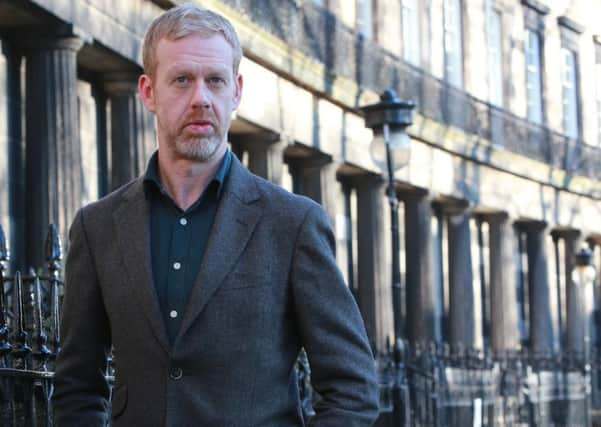Comment: Finding a sporting niche boosts business fitness


In hindsight, the law degree wasn’t a bad thing to have in my back pocket and since I’ve got back into my running after a 25-year break, I’ve enjoyed it even more than the first time around. I can also buy lots of nice running gear - I think there is a term for this, “running shoe porn” - but, more importantly, it’s made a big difference to work-life balance and made me leaner and meaner for the day job.
Since restarting, I’ve put in the hard work and it’s paid dividends as I’ve broken into the UK’s top 20 for my age group at five and three kilometres, as well as the metric mile. Increasingly, though, out and about on Scotland’s business scene I’m meeting people who put my relatively modest sporting achievements in the shade.
Advertisement
Hide AdAdvertisement
Hide AdAnneli Ritari-Stewart, managing director at digital performance agency iProspect in Edinburgh, is a great example. Not content with winning a national ice hockey cup in her native Sweden, playing semi-professional football or storming the 105-mile Nokia Coast to Coast race via bike, foot and kayak, Anneli has taken up powerlifting. She has gone on to break a series of Scottish records, picking up three medals at last year’s Commonwealth Powerlifting Championships.
Anneli says: “It’s all about getting those small incremental gains over time. Something I’ve learnt in business is that if you want to drive fundamental change it takes time, but the small gains soon mount up to real progress.” I also couldn’t agree more with her view that getting stronger physically helps you to feel stronger mentally and can be very empowering.
Earlier this month, Rettie & Co director Nick Watson undertook the For Rangers Ultra, a 5-day long-distance race through some of Kenya’s under pressure game reserves. As a fellow runner, Nick has talked to me about his love of the sport and it wasn’t lost on us that Kenya is not only thought of as the birthplace of distance running, it has arguably produced the world’s finest distance running athletes.
Nick says: “Long-distance running is a very personal activity for me and is more about exploring new places and appreciating landscapes and nature than the race itself. Ultra running [long-distance running] allows a high level of exploring to be squeezed into a relatively small amount of time. I got started on ultras through a love of mountaineering and being in wild places alongside the realisation that family, work and other commitments mean time is increasingly limited.”
When it comes to modern-day Scottish adventurers, they don’t get much more impressive than world record-shattering cyclist Mark Beaumont. I heard Mark talk to more than one thousand people at the EICC on his glorious return home after his Herculean around the world in 80 days feat.
When I bumped into Mark recently, we discussed the motivations behind business executives taking on high performance and endurance sports. I mentioned Callum Murray, CEO and founder of Amiqus, who rowed from Barcelona to Ibiza last year as one of the people who have impressed me most with their spartan-like dedication to an endurance event.
Mark felt there are definitely more executives taking on adventure travel, races and expeditions. He says: “I’m pretty sure you’ll find that many of them talk about creating a different headspace, balancing the pressures of work and having a major physical target to train towards, particularly around a busy work schedule and also being something that is important for their wellbeing.
“The challenges are mental, logistical and, often, about stepping well outside of their comfort zones.”
Nick Freer, founding director of the Freer Consultancy and Full Circle Partners.